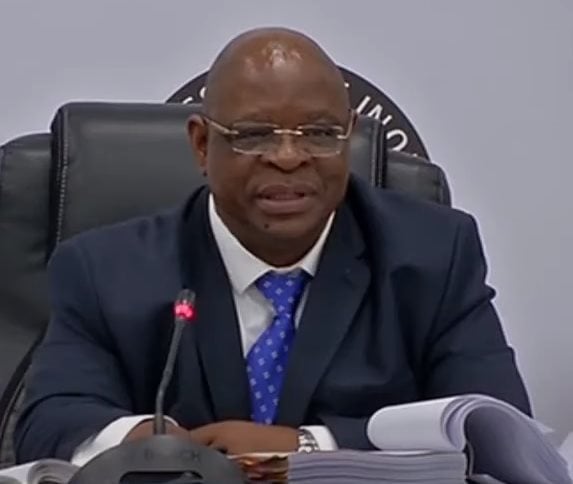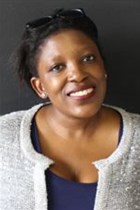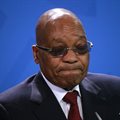Reflections on inquiry's work as Zondo (almost) wraps up

Zondo said his team had worked hard over the past three years to hear all the necessary evidence they needed to, in order to inform the report that he will now be consumed with completing. The commission has sat for a total of 418 days to date, heard from just under 350 witnesses and produced over 70,000 pages of transcripts.
“Today marks an important milestone in the work of the commission; except for a few witnesses in July, we have covered all the oral evidence we wished to cover,” said Zondo. He added that the commission has applied for a short extension of its term in order to complete the writing of its report, which he hopes to be completed by the end of August. Just to be safe, however, they asked for the end of September.
Zuma sentencing
On Tuesday’s Constitutional Court judgment that found former president Jacob Zuma guilty of contempt, sentencing him to 15 months imprisonment for defying orders of both the commission and the court to appear before it, Zondo said he would have wished that it did not get that far, but the commission did the best it could.
“We welcome the judgment. We think that the judgment is of great constitutional importance in our democracy, it vindicates the rule of law. It reaffirms the principle that we are all equal before the law,” he said.
“We have seen once again the judiciary stepping forward and doing what the Constitution expects it do in our country.”
Things could have turned out differently, he added.
“One wishes that it had never become necessary that it reached this point. And it’s important to remind everybody that the commission was tasked with investigating allegations of state capture corruption and fraud in the public sector.”
Zuma was sentenced to 15 months imprisonment by a majority court judgment, which emphasised the importance of the rule of law and respect for it. Zondo said although he had not yet read the minority judgment of two of the Constitutional Court justices, he believes that there is respect for the work of the commission. Zondo was asked for his opinion on its finding that the commission transferred its problems with Zuma directly to the court, when it could have applied to the High Court instead for direction, and to afford Zuma an opportunity to appeal if the need arose.
He explained that the commission’s treatment of Zuma was always determined by his responsiveness to its calls for him to appear. At the end of his first appearance in July 2019, said Zondo, the indication was that he would always co-operate with the commission and give his version. This remained the position throughout the second half of that year, and the first half of 2020. The only time the commission was met with hostility from Zuma and his legal representatives, was when Zondo put his foot down and directed that a summons be issued.
Absence of the Guptas
The commission’s head of legal, Advocate Paul Pretorius, also used the opportunity to clarify his team’s position on the evidence of the Gupta family, given their absence in the oral testimony records. Asked if the commission ever regarded video link as an option for their testimony to be heard, Pretorius said it was not a matter of employing the necessary technology to give the brothers an opportunity to testify, but a matter of them subjecting themselves to the jurisdiction of South Africa for that to happen. There has been no indication from them that they are willing to travel back into the county to give their version.
On the cost of the commission so far, Zondo said: “The importance of the work that the commission is doing can’t really be measured in rands and cents because it’s about strengthening our democracy. It’s about accountability, it’s about saying what measures should be put in place to make sure that the amount of looting that has put us where we are doesn’t happen again.”
The amount used so far has been used reasonably and there has not been overspend, he said.
This article was originally published on Corruption Watch.



































